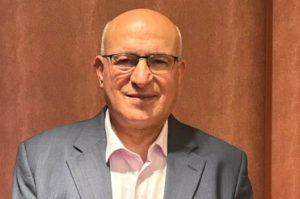Married Men More Likely To Survive Non-Heart Surgery Than Single Males
A team of researchers has discovered that married men are more likely to survive non-heart surgery. Single males are 33 percent more likely to die within two years of treatment while divorcees have an even greater risk of dying during that stage. The biggest revelation is that women, whether married or not, will most likely survive.
The research by North Carolina's Duke University was done on 11,500 adults who underwent a wide variety of surgical procedures except cardiac. Overall, 7.6 percent of those patients died within two years of having their operation. Divorced men had the highest increased risk of dying at 76 percent while those who weren't married had a higher risk by 53 percent.
The aforementioned research involved only non-cardiac surgery. Another study involving cardiac surgery reached the same conclusion with regards to the effect of marital status on recovery. The findings bared that married people who had cardiac surgery may fare better after the operation than those who were divorced, separated or widowed.
It stated that patients face a 40-percent greater risk of either dying or developing a new disability during the first two years after surgery. The University of Michigan Health and Retirement study was more extensive, having been made every two years since 1998, although the subjects were fewer at only 1,576 men and women.
Both studies didn't provide an explanation behind the effect of marital status on post-surgery survival. Daily Mail cited a previous research claiming family connection as a major contributing factor. The survival rate for married men is high due to the presence of a strong support group.
Widowers who maintain strong family connections also have high survival rate, unlike divorced men who lose family contact. Women, however, have a high survival rate regardless of status owing to their larger social networks. This shows how crucial a happy family is to post-surgery survival.




























